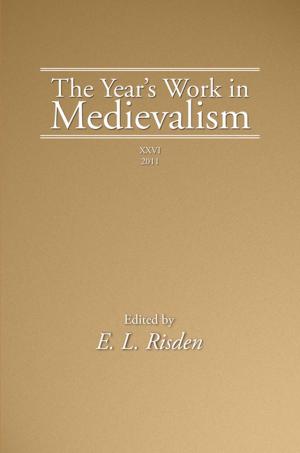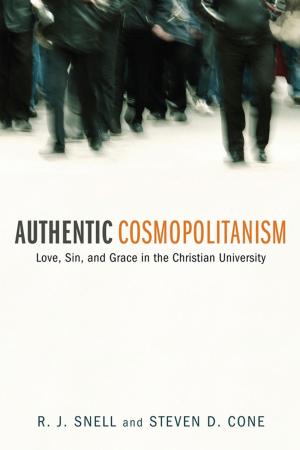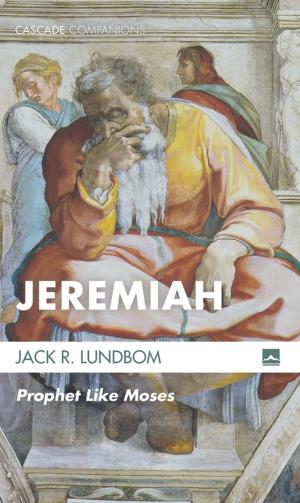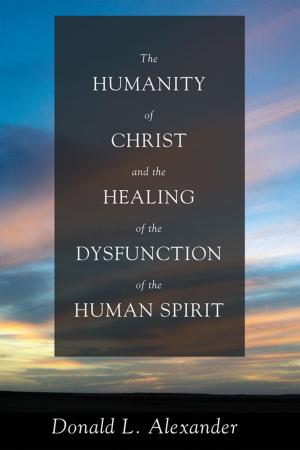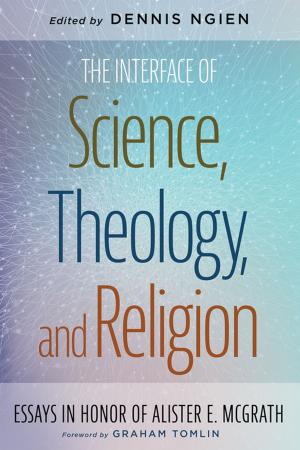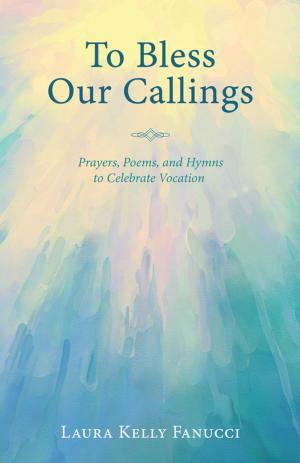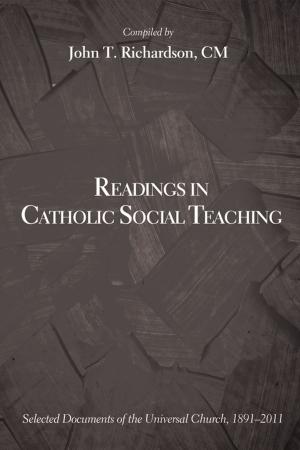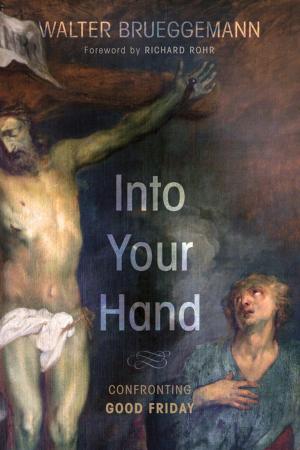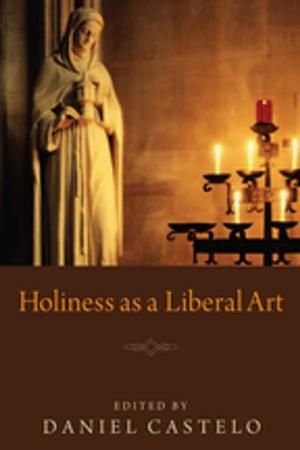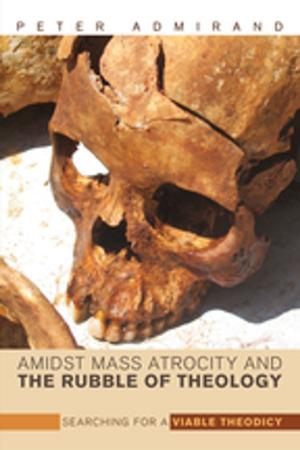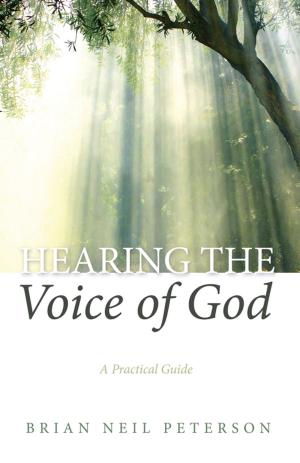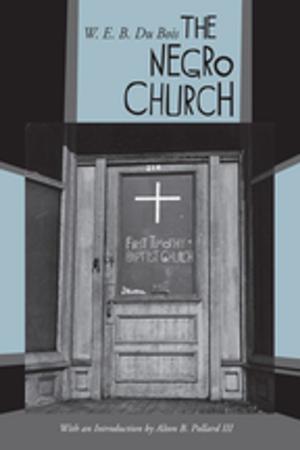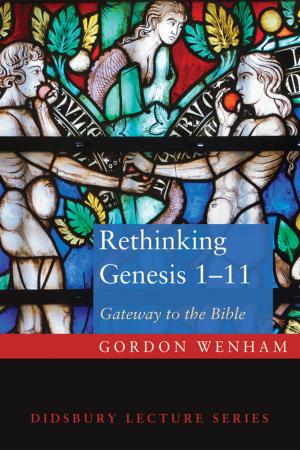| Author: | ISBN: | 9781498223096 | |
| Publisher: | Wipf and Stock Publishers | Publication: | August 24, 2016 |
| Imprint: | Cascade Books | Language: | English |
| Author: | |
| ISBN: | 9781498223096 |
| Publisher: | Wipf and Stock Publishers |
| Publication: | August 24, 2016 |
| Imprint: | Cascade Books |
| Language: | English |
Films are modern spiritual phenomena. They function as such in at least three profound ways: world projection, thought experiments, and catharsis (i.e., as dreams, doubt, and dread). Understanding film in this way allows for a theological account of the experience that speaks to the religious possibilities of film that far extend the portrayal of religious themes or content. Dreams, Doubt, and Dread: The Spiritual in Film aims to address films as spiritual experiences. This collection of short essays and dialogues examines films phenomenologically--through the experience of the viewer as an agent having been acted upon in the functioning of the film itself. Authors were invited to take one of the main themes and creatively consider how film, in their experiences, has provided opportunities for new modes of thinking. Contributors will then engaged one another in a dialogue about the similarities and differences in their descriptions of film as spiritual phenomena. The intended aim of this text is to shift contemporary theological film engagement away from a simple mode of analysis in which theological concepts are simply read into the film itself and begin to let films speak for themselves as profoundly spiritual experiences.
Films are modern spiritual phenomena. They function as such in at least three profound ways: world projection, thought experiments, and catharsis (i.e., as dreams, doubt, and dread). Understanding film in this way allows for a theological account of the experience that speaks to the religious possibilities of film that far extend the portrayal of religious themes or content. Dreams, Doubt, and Dread: The Spiritual in Film aims to address films as spiritual experiences. This collection of short essays and dialogues examines films phenomenologically--through the experience of the viewer as an agent having been acted upon in the functioning of the film itself. Authors were invited to take one of the main themes and creatively consider how film, in their experiences, has provided opportunities for new modes of thinking. Contributors will then engaged one another in a dialogue about the similarities and differences in their descriptions of film as spiritual phenomena. The intended aim of this text is to shift contemporary theological film engagement away from a simple mode of analysis in which theological concepts are simply read into the film itself and begin to let films speak for themselves as profoundly spiritual experiences.

